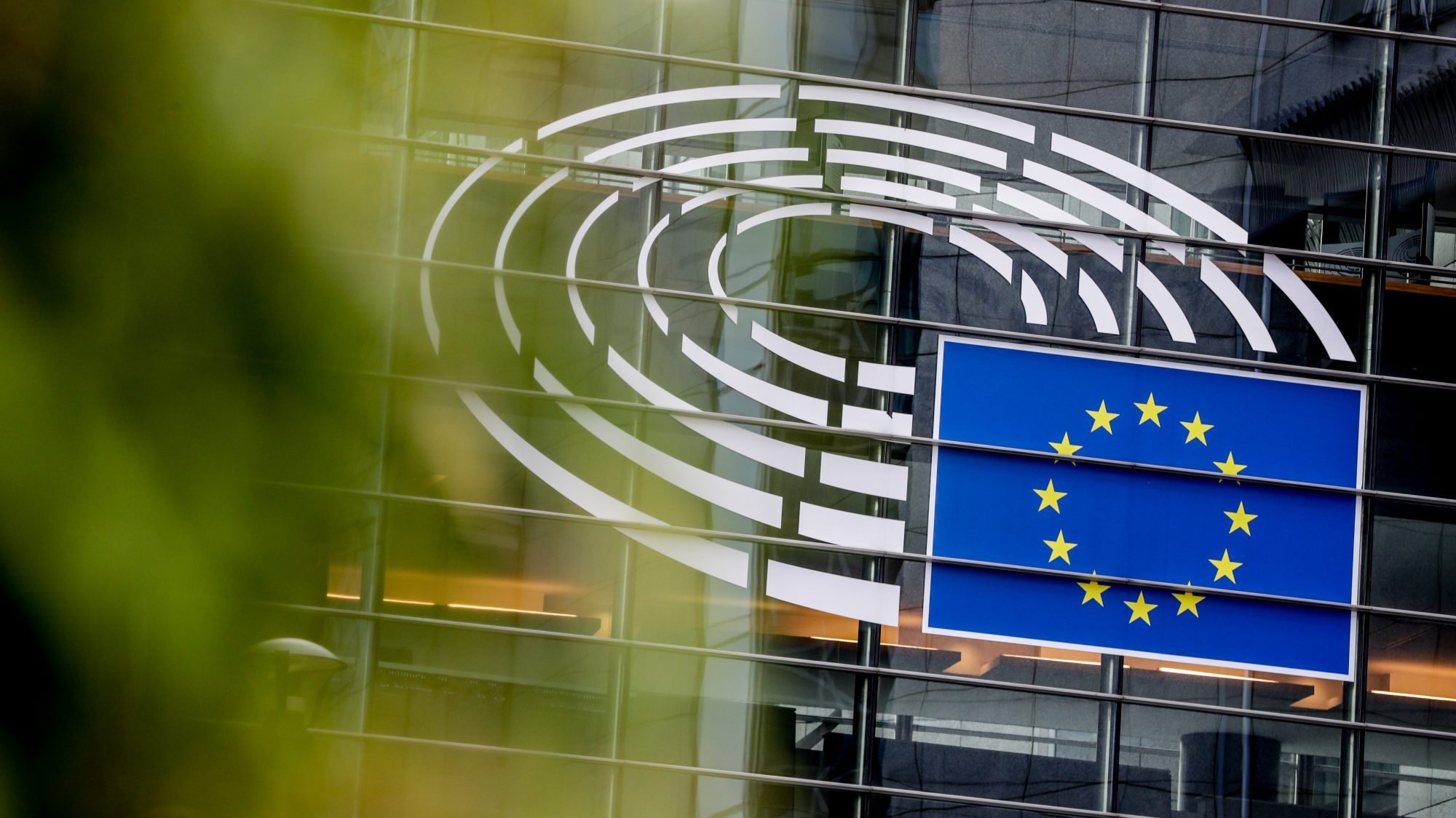The Parliament of North Macedonia supported this Saturday the proposal of the European Union (EU) to resolve the historical and linguistic dispute with Bulgaria and start the accession process.
According to the EFE agency, the vote, which was constantly interrupted by whistles, shouts and whistles from the opposition party, passed with the support of the ruling coalition partiesled by the Social Democrats who, however, imposed a series of conditions on the Government with a view to negotiations with the EU.
Parliament demands that Macedonian be officially recognized, without reservations of any kind, as the language of the countrysomething that the president of the European Commission, Ursula von der Leyen, assured was guaranteed in the EU proposal.
Bulgaria, which lifted its accession veto, insists that North Macedonia must recognize that the Macedonian language has Bulgarian roots and that the two peoples had a common history in the past, but North Macedonia has assumed that their identity and language are not open to discussion.
The dispute with Bulgaria over the EU provokes a demonstration in North Macedonia
In exchange for their support, the deputies stressed that any bilateral issue must be negotiated between the two countries and must not become the “criteria on which EU membership depends“.
In their speech this Thursday in the Skopje Parliament, both Úrsula von der Leyen and the Prime Minister, Dimitar Kovacheski, referred to the matter and assured that bilateral affairs they are not part of the negotiation framework with Brussels.
The compromise proposal accepted by Bulgaria provides for the immediate holding of a first Intergovernmental Conference, which could take place next week.
However, the Intergovernmental Conference is purely political in nature, as the actual negotiations would not start until a constitutional amendment included the Bulgarians (about 3,500 people). as constitutive peoples of the State.
A requirement that would cause more problems as it requires the support of two thirds of Parliament.
The Macedonian opposition, many intellectuals and also NGOs (Non-Governmental Organizations) traditionally close to the ruling social democratic coalition reject the proposal because they believe it contains articles that Bulgaria could use to veto accession negotiations in the future.
A survey conducted earlier this month by the Institute for Political Analysis showed that only 29% of citizens in this multi-ethnic country support the EU proposal.
The debate was again accompanied by street demonstrations, protests promoted, above all, by the nationalist opposition, which held daily for more than ten days.
Source: Observadora
